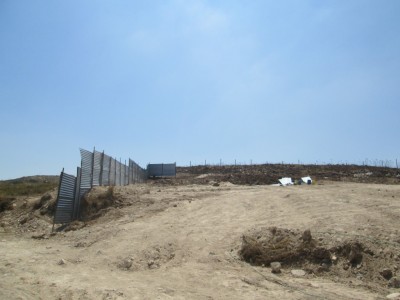Tag: Settler violence
-
Jalud settler attack: ‘Imagine if we were not in our homes, they would have destroyed them’
13th August 2013 | International Solidarity Movement, Nablus Team | Jalud, Occupied Palestine Yesterday morning, 12th August, settlers from the illegal settlements of Esh Kodesh and Ahiya attacked several houses in the village of Jalud and set land on fire, including ten olive trees. On the morning of the 12th of August at 11:30, four…
-

Settler harassment continues in Asira’s Water reservoir project
4th August 2013 | International Solidarity Movement, Nablus Team | Asira al Qibliya , Occupied Palestine This week, settlers from Yitzhar attacked the Asira village water project and its workers, once again. Israeli occupation forces who went to the scene did not to stop the settlers and instead occupied the roof of a Palestinian house…
-
Settlers attack farmer, kill sheep in Aqraba
2nd August 2013 | International Solidarity Movement, Nablus Team | Aqraba, Occupied Palestine At 530pm on July 30th three settlers from the illegal settlement of Itamar violently attacked a farmer from the village of Aqraba, south east of Nablus. Four farmers from the village had spent the day grazing their more than 500 sheep on…
